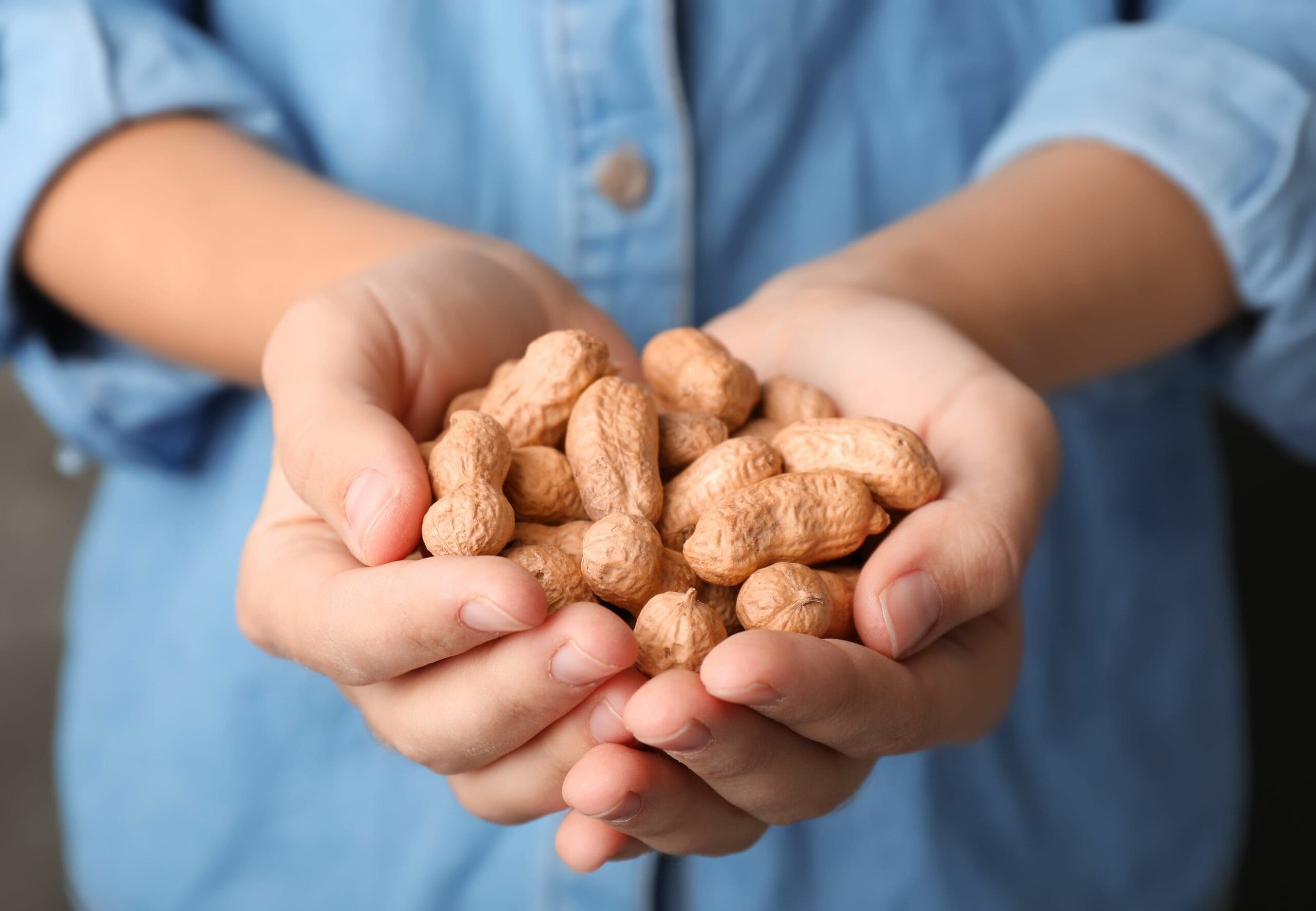A new clinical trial using peanut oral immunotherapy was successful in desensitising two-thirds of children and adolescents who were allergic to peanuts.
Peanut allergy is a condition affecting almost three in every 100 children. It is also one of the most severe food allergies.
Peanut allergy is also the most common cause of food-related anaphylaxis death. Currently, there is no confirmed treatment to prevent or cure allergic reactions to peanuts.
In recent years, some promising clinical trials have found that exposure to very small amounts of peanuts in a controlled environment over time can have a desensitising effect. The treatment is called oral immunotherapy and the benefits from it (in those who respond) can build a safety margin against inadvertent life-threatening exposure to peanuts.
In this clinical trial, a peanut-derived oral biologic drug called AR101 was tested for its benefit in desensitising against peanuts. AR101 gives a dose equivalent to 300 milligrams of peanut protein.
A total of 551 people (most aged 4 to 17 years) with severe peanut allergy were enrolled in the trial and randomised to receive either AR101 or a placebo for 24 weeks. Both the trial participants and the researchers were blinded to which treatment each person received.
At the end of the trial, each person received a peanut food challenge. For those in the AR101 group, 67 per cent were able to tolerate the equivalent of at least two whole peanut kernels without symptoms. This was in stark contrast to the placebo group where only four per cent passed through the peanut challenge.
Use of AR101 though was not without side-effects with four per cent of people experiencing severe reactions at some stage during the trial compared to just under one per cent in the placebo group.
Implications
This research adds even more evidence showing the benefit that oral immunotherapy can play in helping address the severe and potentially life-threatening problem of peanut allergy.
Even with successful trial results, it does not mean that peanuts are back on the menu for someone with an allergy. But what it does mean is that some children can now live a safer life.

